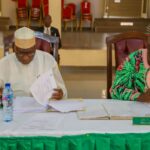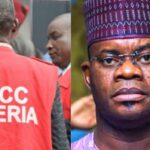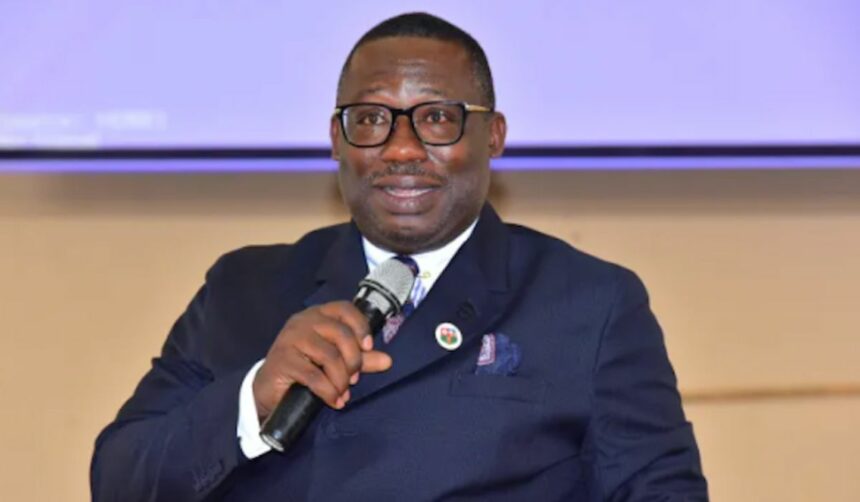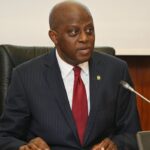The Nigerian Association of Chambers of Commerce, Industry, Mines and Agriculture (NACCIMA) has voiced concerns over the Central Bank of Nigeria (CBN) clearing Nigeria’s forex backlog, highlighting challenges member companies face in accessing foreign exchange.
While acknowledging the CBN’s announcement on March 20 that it had cleared all ‘valid’ foreign exchange backlogs, NACCIMA emphasized the need for drastic steps to address unmet forex requests by some private sector operators.
In a statement by its National President, Dele Oye, the association commended President Bola Tinubu and CBN Governor Olayemi Cardoso for the initiative.
However, Mr Oye revealed that despite the CBN’s commitment, many NACCIMA member companies have reported that their funds in Naira have been retained for extended periods, some for over a year, without communication from banks or the CBN, leaving their business operations uncertain.
NACCIMA and other associations sought intervention from the Honourable Minister of Finance in February and raised concerns with the Minister of Industry, Trade, and Investment regarding transparency and expedited resolution.
This led to a stakeholder meeting convened by the Minister of Industry, Trade, and Investment on March 21, which revealed a lack of formal communication from the CBN regarding the rejection of foreign exchange bids and the absence of direct engagement by Deloitte, the consulting firm engaged by the CBN for verification purposes, with affected banks or their customers.
The necessity of having direct communication with the CBN was acknowledged after the discussion, and the minister encouraged all sides to have conversations to settle unresolved matters without going to court.
NACCIMA urged the CBN to work closely with the banking industry, the Minister of Industry, Trade, and Investment, and other relevant parties to address unresolved matters about valid letters of credit. The organization emphasized the importance of upholding lawful transactions started by prior administrations with an equivalent degree of steadfastness.
The association demanded a more thorough and open method of settling outstanding foreign exchange allocations, arguing that doing so would uphold the integrity of banking procedures and increase trust in Nigeria’s financial institutions and more general economic policies.










